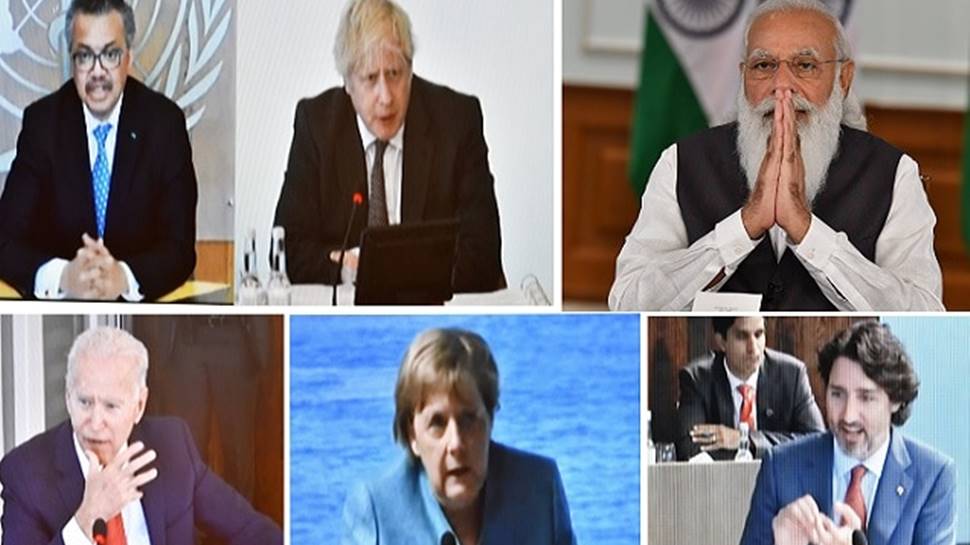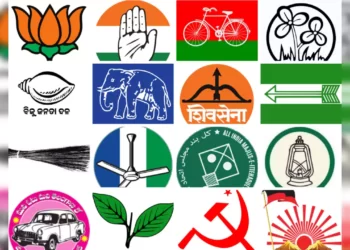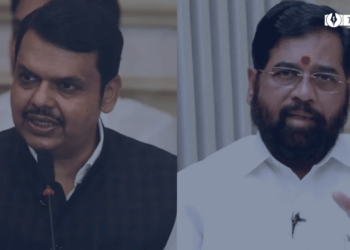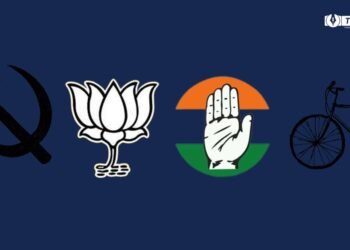[ad_1]
The Indian government has been using this measure too frequently and it has become a part of the government’s “anti-democracy tactics,” where the notion “if you’re not with us, you’re against the country,” is being slowly fed into the minds of common citizens of India.
Amidst the frequent arrests and canceled culture in India, the G-7 summit, which includes major democracies like Canada, France, Germany, Italy, Japan, the UK, and the US along with the EU nations invited India, South Korea, Australia, and South Africa to participate in the summit as guest nations.
Indian Prime Minister Narendra Modi participated virtually due to the ongoing pandemic crisis in India.
And ironically, in the G-7 summit held on 11-13 June 2021, in Cornwall, India signed off on a joint statement on “open societies” that reaffirmed and encourages the value of “freedom of expression, both online and offline, as a freedom that safeguards democracy and helps people live free from fear and oppression”.

This statement also refers to the political internet shutdowns as a threat to democratic principles.
While this statement was directed towards the expansionist behavior of Russia and China, the situation back home isn’t something that can be neglected.
The Indian government is preaching democratic morals on international platforms yet in India itself “Freedom of Speech” isn’t a part of the present government’s ideology and beliefs.
India’s stand globally on the concept of open societies is significantly in contradiction to the comments and remarks of the government’s ministers and advisors.
This notion of liberty of speech is also committed to “strengthen open societies globally by protecting civic space and media freedom, promoting freedom of expression, freedom of assembly and association, and freedom of religion or belief, and by tackling all forms of discrimination, including racism.”
But opposite to this, the government’s media policy (2020) in Kashmir forbids the reporters and publications from publishing anything that does not toe the state’s line.
There’s severe censorship in Kashmir on news media and social media.

All of this, besides the arrests made regarding journalists reporting on the failure of the Indian government in handling the Covid-19 crisis, is showing the Indian government in a different light.
On August 5, 2019, a statewide security lockdown and blackout was inflicted in Jammu and Kashmir to curb protests after the abrogation of Article 370.
The Government of India obstructed all broadband as well as mobile internet services in the area to prevent the deliberately fabricated falsehood on social media sites.
Even though the internet services were resumed in several parts the speed was restricted to 2G.

As of now, 4G is available only in a few regions of Kashmir but the cost is significantly higher to afford for middle-class families.
The government’s irrational decision even deprived the general mass of Kashmir of information regarding Covid during the pandemic.
Amidst this, the government’s robust claim on having democratic values embedded in their workings in the country is the height of hypocrisy.
Even the opposition took a toll on the Prime Minister’s statement by tweeting, “If only Modiji could practice in India what he preaches to the world. India has the highest number of government-imposed Internet shutdowns in the world — so much for freedom of expression online.”
To date this year, Kashmir has seen 16 internet shutdowns out of the total 21, remaining were imposed in the nation’s capital during the farmer protests against the agricultural laws, that to the farmers, felt like the government has curbed their freedom of selling their crops to the ‘mandis’ at MSP.
Freedom of speech is something the Kashmiris have been deprived of for so long, their protests have been curbed under the Unlawful Activities(Prevention) Act {UAPA}, 1967, Sedition and Internet shutdown.
Public dissent has also been criminalized under the Modi government.

There have been arrests of many activists, journalists, cartoonists, and the common public on a large scale with very few convictions.
The most recent arrest of a 15-year old under UAPA in Jammu and Kashmir has shown the government’s growing insecurity.
With all of this prevailing in India, India’s stance in the G-7 summit has reduced to nothing but the mockery of traditional democratic principles and ideals.
Also Read:
[ad_2]
Source link









